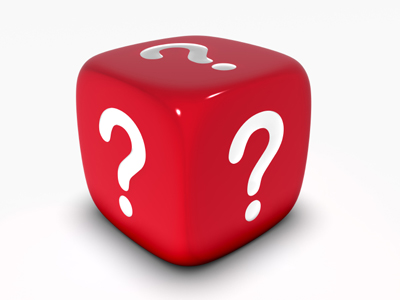

Do you know when to use a question mark?
Understanding Words, Sentences and Punctuations (Part 2)
This English Language quiz is called 'Understanding Words, Sentences and Punctuations (Part 2)' and it has been written by teachers to help you if you are studying the subject at middle school. Playing educational quizzes is a fabulous way to learn if you are in the 6th, 7th or 8th grade - aged 11 to 14.
It costs only $19.50 per month to play this quiz and over 3,500 others that help you with your school work. You can subscribe on the page at Join Us
Since the English language can be quite complicated to learn and come to a good understanding of, up till now, you have been learning words, sentences and punctuations through a step by step learning process. As there are so many various aspects of both the spoken and written word to remember, this second quiz will give you a good opportunity to test yourself.
Ready for more?
not all...
quizzers. Try to win a coveted spot on our Hall of Fame Page.






